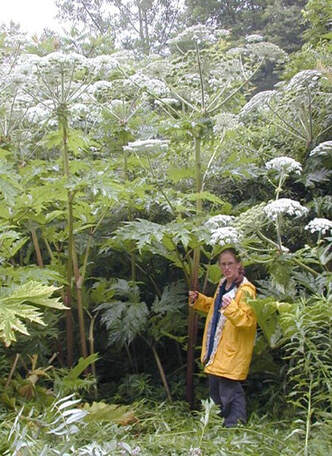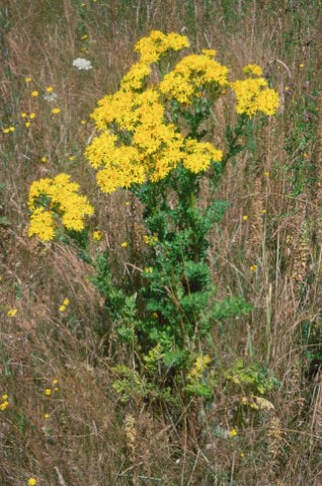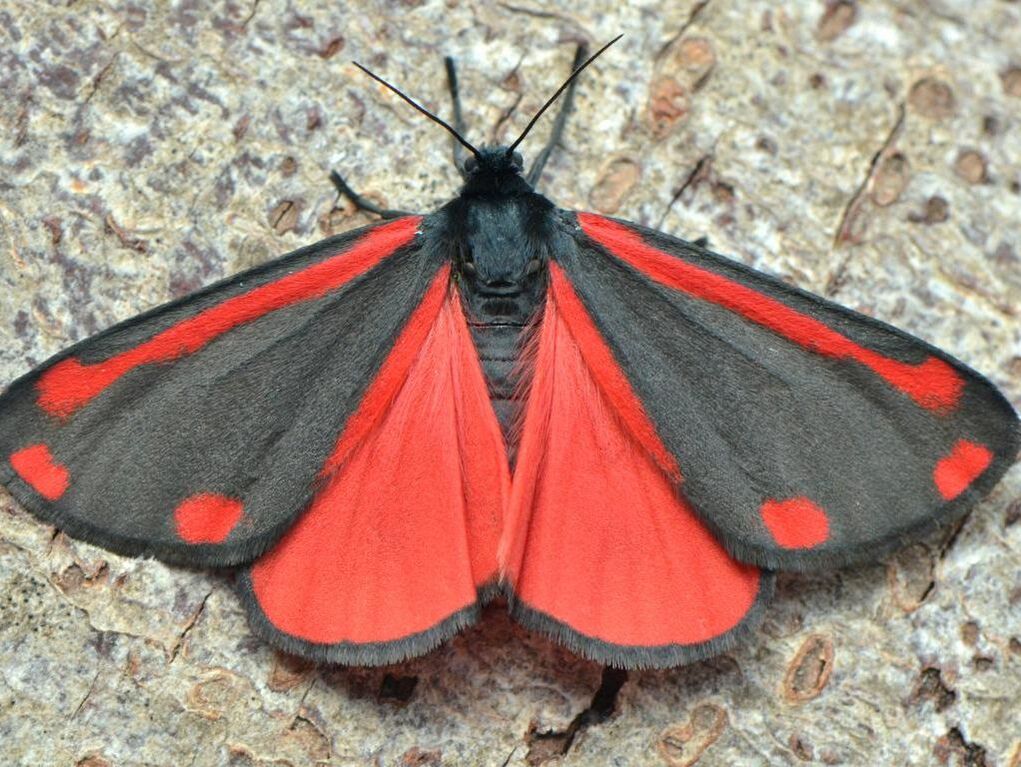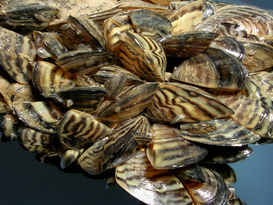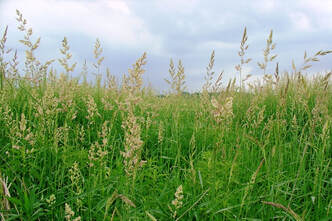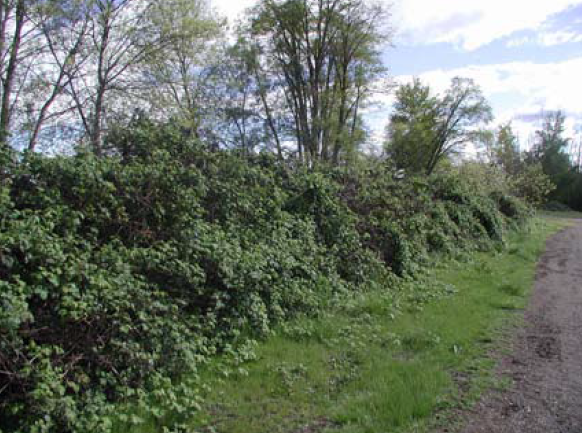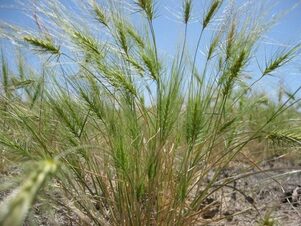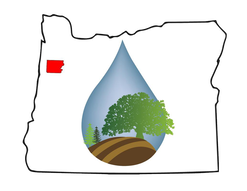Oregon Invasives Hotline
In their efforts to detect new outbreaks, invasive species experts in Oregon face the daunting challenge of tracking hundreds of potential new invaders across millions of acres of farms, forests, and waterways. They can't do it alone. They need the help of all Oregonians to be their eyes in the field.
The Oregon Invasive Species Online Hotline is designed to help you become involved in this effort. By using the Online Hotline to report suspected invasive species in your area, you'll be contributing vital early detection information to the experts best able to stop the spread of invasives. The Online Hotline also lets you connect directly with an expert to get positive identifications and answers to your questions. Please note that the information you provide in your report may become viewable by the public. Private comments can be added after you submit your report.
The Oregon Invasive Species Online Hotline is designed to help you become involved in this effort. By using the Online Hotline to report suspected invasive species in your area, you'll be contributing vital early detection information to the experts best able to stop the spread of invasives. The Online Hotline also lets you connect directly with an expert to get positive identifications and answers to your questions. Please note that the information you provide in your report may become viewable by the public. Private comments can be added after you submit your report.
The "A" Listed Weeds
|
The "B" Listed Weeds
|
Biological Controls
|
Aquatic Animal Invaders
|
Reed Canary Grass Info
MANAGING
|
|
Widespread and familiar, blackberry is a rampant invader of wetland and riparian areas throughout the State and the Country. Click below to find several useful resources for controlling and managing this species.
|
Medusahead
|
A plant with widespread ecologic and economic damage, more commonly associated with the eastern portion of the state, Medusahead has been found in Polk County. Click below to find several resources for controlling and managing this species.
|


